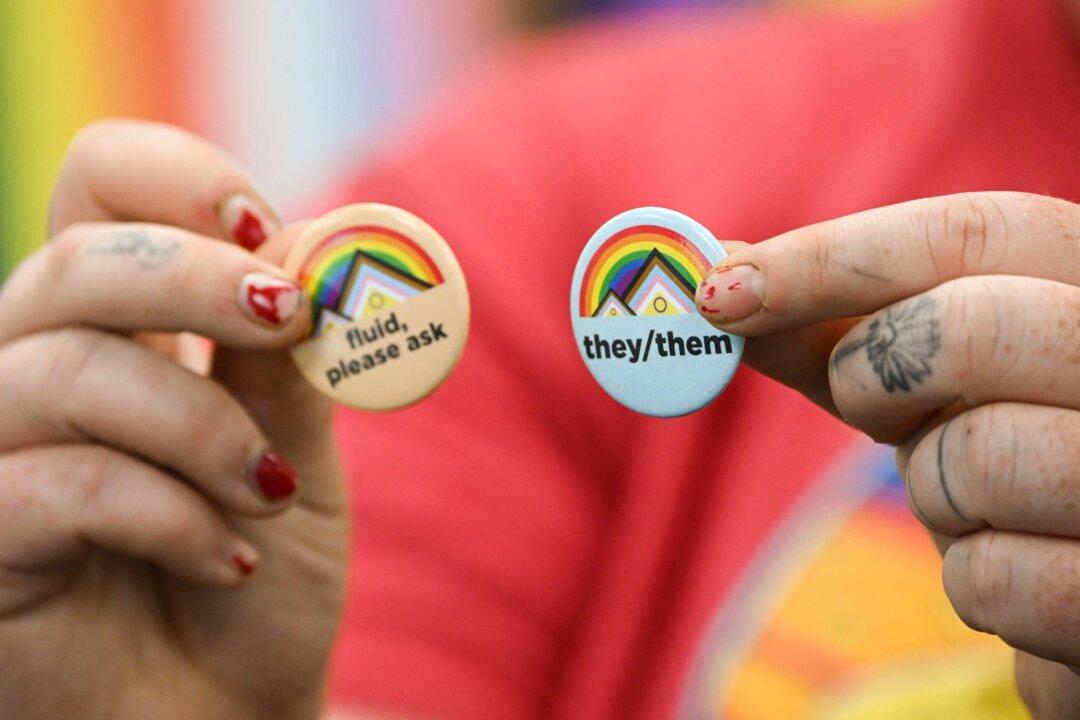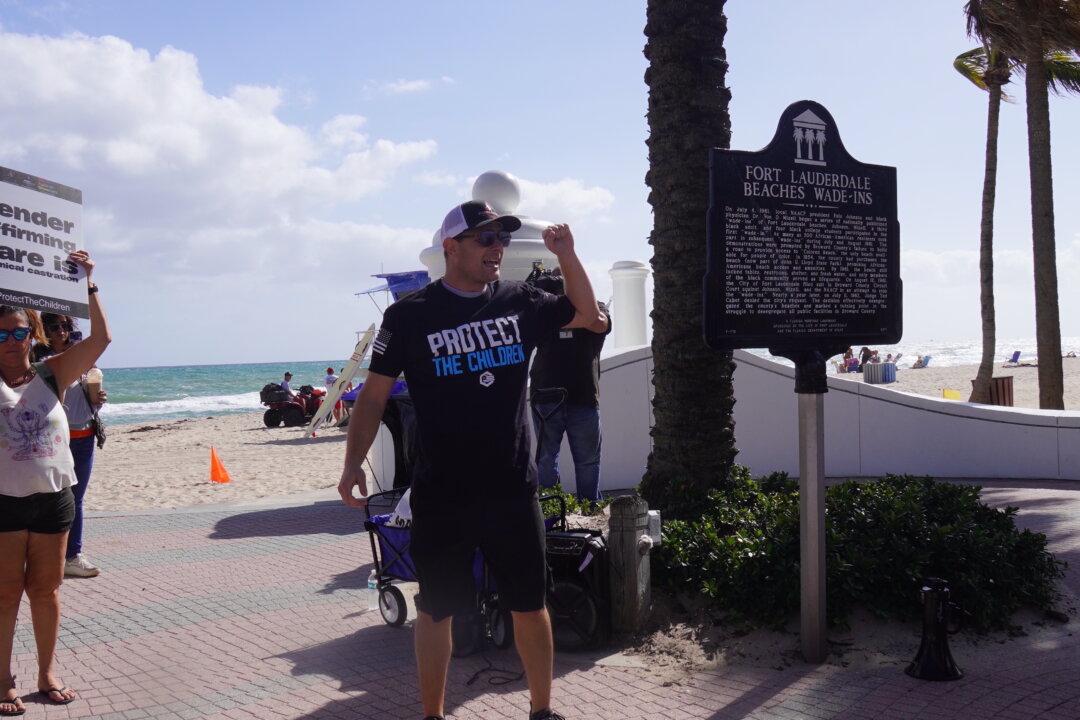PUNTA GORDA, Fla.–A call to 911 has become synonymous with help, hope, and even terror—as witnessed by the nation on Sept. 11, 2001, America’s darkest day in modern history.
A 911 operator is the most important person “that you will never meet,” retired 911 supervisor Sheryle Langmaid told the Epoch Times on April 5. “We are the first, first-responders.”




